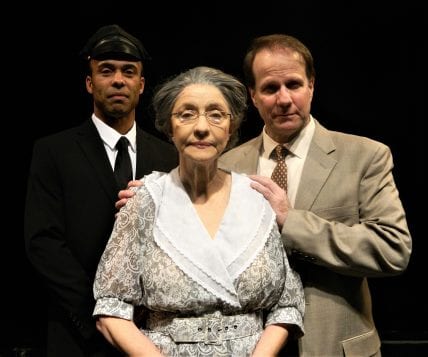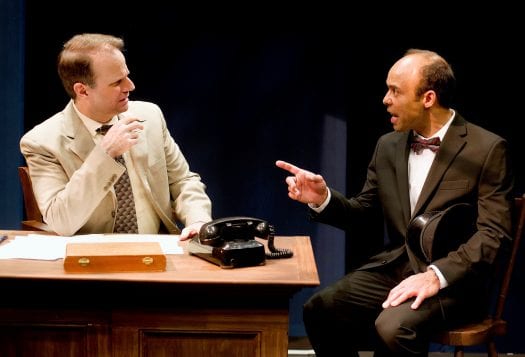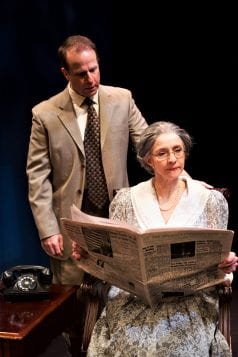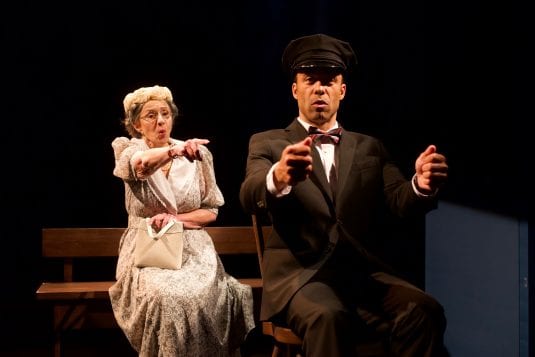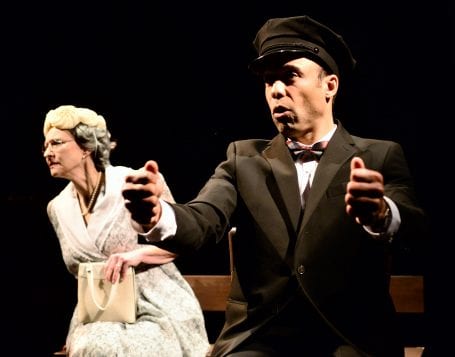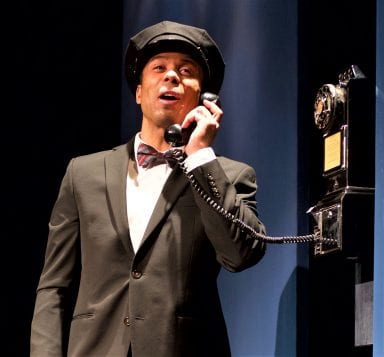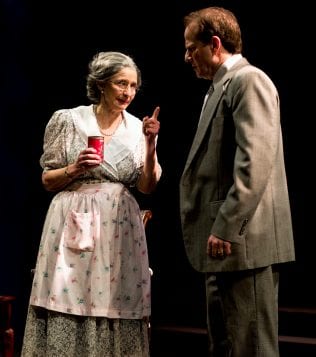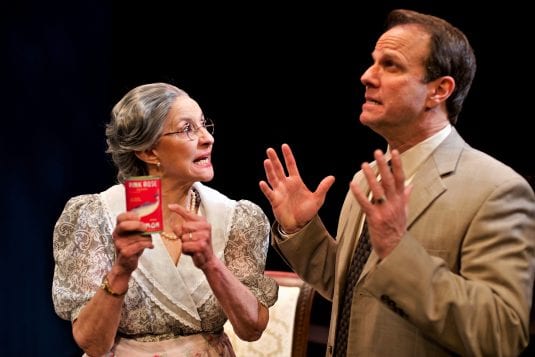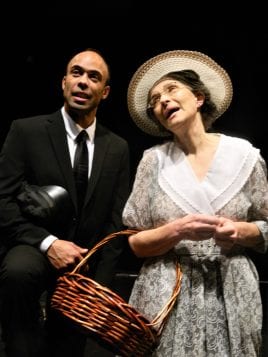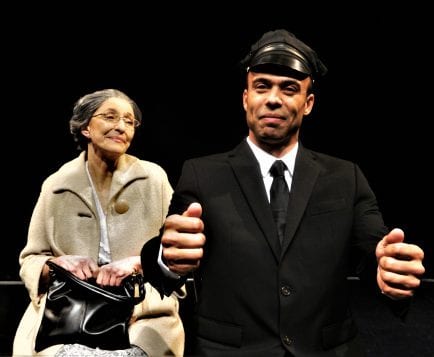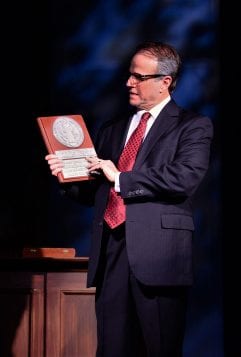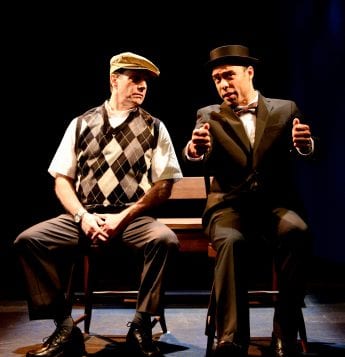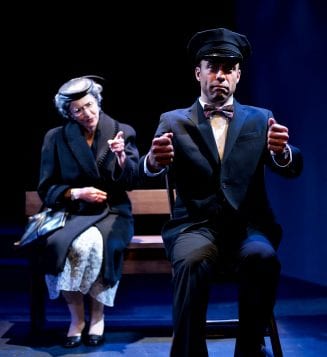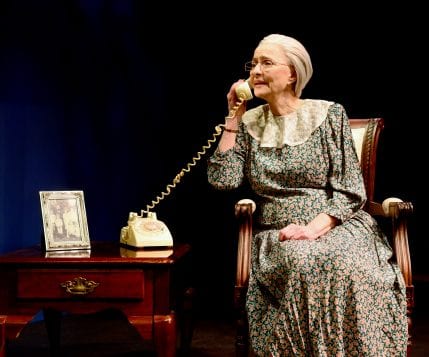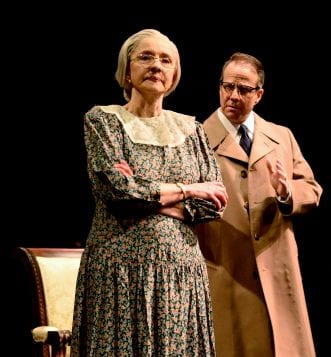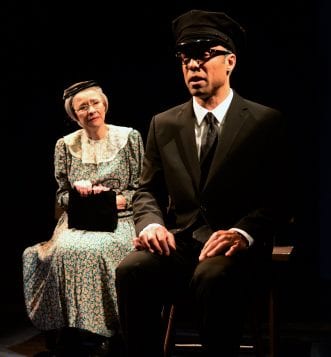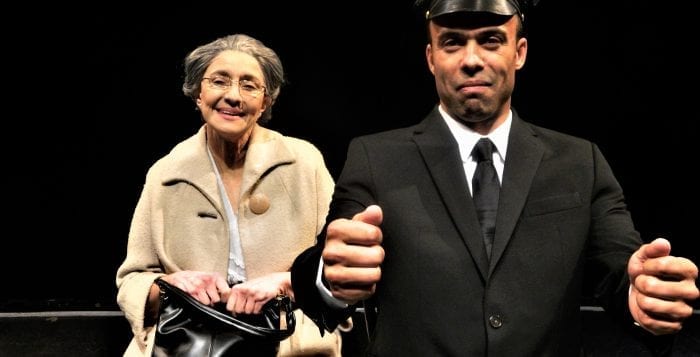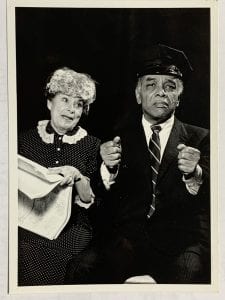By Barbara Anne Kirshner
Dreams do come true. How terribly worthless and dull life would be if we didn’t aspire for something even though we might be surrounded by those voices of “reason” warning us to be practical. But sometimes that dream plays out in ways we never would have imagined.

Take acting for instance. What does it mean to be an “actress”? Is it someone walking the red carpet, cameras flashing, posing in a sequined Versace gown and dripping in Harry Winston diamonds? Is it making major motion pictures or bowing on a lavish Broadway stage to enthusiastic applause or being featured on a long-running television series?
There’s Julia Roberts, Meryl Streep, and Viola Davis living the dream; all household names commanding oodles of money acquired from the wheelings and dealings of big-time agents securing Academy Award-worthy roles for them. But not all actresses luck out with this iconic recognition. In fact, most don’t “make it.”
“There’s a broken heart for every light on Broadway” is an adage that holds much credence. Many come to the Great White Way in search of a life in the theater, but few receive the recognition that Lin-Manuel Miranda with his Hamilton has enjoyed.
There are some actors who aren’t house-hold names, yet they manage to earn a living wage doing what they love.
Meet 70-year-old working actress, Jo Ann Havrilla, who grew up in Jericho. She pursued the dream refusing to give up. That persistence paid off with some major motion pictures, television, stage and commercials. What makes Havrilla stand out as a formidable presence is her greater than life upbeat nature, energetic persona and timing equal to that of Carol Burnett.
Hers is a life of perseverance. At 23 years of age, she moved from her family’s Jericho home to a studio apartment in Manhattan where she resides to this day with her husband, Brad Firminger.
She earned her equity card while in her early twenties and doors opened for professional stage work.
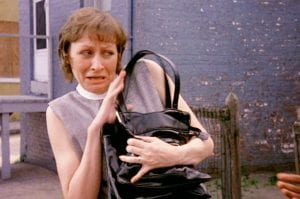
Havrilla’s ability to play characters of all ages, especially those much older than her years, landed her the role at age 38 of Prudence Pingleton, the overprotective mother of Tracy Turnblad’s friend, Penny, in John Waters’ 1988 cult classic film Hairspray.
In 1989, Havrilla appeared as Boolie Werthan’s loyal secretary, Miss McClatchey, in another classic film, Driving Miss Daisy, this time with the legends, Morgan Freeman and Jessica Tandy. That same year she was in the Tom Selleck, James Farentino film, Her Alibi.
A role on the 1989-1990 television series True Blue followed the films. Other television credits include All My Children, One Life to Live and the Michael J. Fox series, Spin City.
In 2004 Havrilla was featured in the comedic role of diner waitress Maxine in the short film Sara Goes to Lunch which received recognition at the 2005 Fargo Film Festival.
In 2010, Havrilla landed a role on Comedy Central’s The Colbert Report opposite Stephen Colbert performing in a satirical skit titled “Stephen Wins the Olympics.” Havrilla played Colbert’s coach, Svetlana Oranskaya, strong as nails with a thick Russian accent. Her hysterical performance made the scene so successful that she was invited back during the 2014 Olympics to recreate Oranskaya. Hopefully, Colbert will resurrect Oranskaya during this coming summer’s Olympics.
In 2018 the Academy of Motion Picture Arts and Sciences celebrated the 30th anniversary of the making of Hairspray by reuniting Havrilla and the cast with their director, John Waters, at the Samuel Goldwyn Theater in Los Angeles.
Much commercial work and personal speaking appearances keep her busy to date. Havrilla centers her talks on her lengthy career and what it was like working with some of the most prominent personalities in show business. She enjoys retelling how John Waters worked with a mere budget of 2 million dollars, making it imperative for the actors to nail the scenes on the first take.
Havrilla knows she has been lucky though her name may not trip off your tongue. But look through magazines or newspapers and you just might see her inviting grin or watch the original 1988 Hairspray, Driving Miss Daisy or Her Alibi and see her doing what she loves best — being a working actress.
Her advice is don’t ever give up. Your dream may not materialize quite as you envision, but persistence pays off. Doors will open and opportunities will unfold. Believe in yourself and you can make dreams happen.
Postscript: Havrilla’s inspirational message of ‘never giving up’ happened in a dramatic way on January 26, 2021, when 48-year-old country singer/songwriter, Thad Cockrell debuted on The Tonight Show, getting a chance of a lifetime to perform his original song “Swingin” remotely with the Tonight Show band, The Roots.
This story is as fantastic as it gets. Jimmy Fallon heard Cockrell’s anthem song while he was in the local hardware store. The lyrics, with the motivating chorus “If I’m gonna go down, I wanna go down swinging,” so impressed Fallon that he invited Cockrell, who had been a struggling artist for decades, to perform his song on The Tonight Show. Cockrell’s album, If In Case You Feel the Same, released in 2020, hit number three on iTunes, shooting him to instant success.
Miller Place resident Barbara Anne Kirshner is a freelance journalist, playwright and author of “Madison Weatherbee —The Different Dachshund.”


